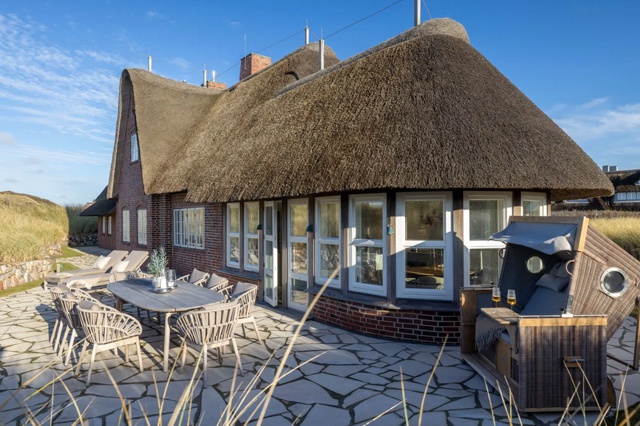Historians and ethicists argue that omitting the property’s past amounts to a kind of historical laundering — sanitizing a legacy that should not be forgotten. “You don’t have to demonize a place,” said one German cultural historian, “but you also shouldn’t whitewash it. These spaces carry meaning, and we have a responsibility to acknowledge that.” This is not the first time luxury real estate has collided with history. Across Europe, former Nazi compounds, bunkers, and estates have been repurposed, sold, or left in ruin. In some cases, plaques or memorials are installed to honor victims and educate the public. In others, like the villa on Sylt, discretion — or outright silence — becomes the strategy.

